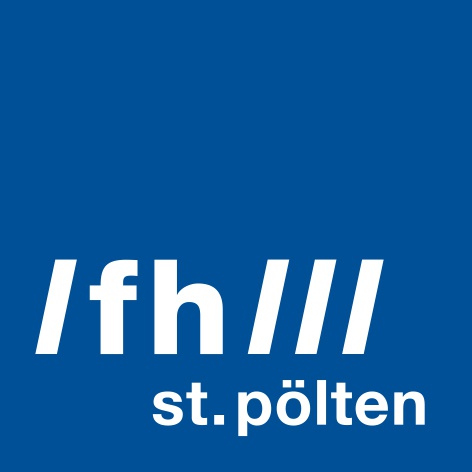 © Brigitte Semanek
© Brigitte Semanek
The project explores communication strategies and framings around controversial proposals to climate change.
Funding
Duration
May 2022 until October 2025
Project management
Franziska Bruckner/ FH St. Pölten, Institute for Creative\Media/Technologies
Georg Vogt, FH St. Pölten, Institute for Creative\Media/Technologies
Cooperation partner: IGLR
Project management at IGLR
Description
The public often does not support initiatives and measures to reduce greenhouse gases. In some cases, there is even vehement resistance from the ranks of various interest groups. Whether challenges, problems and concerns are perceived as such or not, however, also depends on how they are communicated to the public. The more the framing of an initiative is in line with widespread opinions and views, the greater the likelihood that it will be supported by different groups in society. A key role is played by "prognostic" and "motivational frames." Put more simply, a tangible solution must be apparent in order to motivate people to participate. Global warming - because it is often framed in terms of "catastrophe," "opportunity," or "uncertainty" - does touch on ideas and sentiments that resonate in society, but approaches to solutions, new ideas, or perspectives for the future are often left out of public discussions.
The project revolves around two ecological innovations that have sparked passionate debates in Lower Austria: Soy alternative crop and on-site wind energy generation. The project team, in which IGLR is a partner, is exploring the communication strategies around these initiatives and developing an interdisciplinary analytical tool to facilitate future research. To do this, the team is using methods from sociology, film studies, and historical research. A key goal of the project is to better understand communication strategies and to provide a basis that will make it easier to gain greater acceptance for future climate protection measures.
To the project description on the website of the FH St. Pölten.

